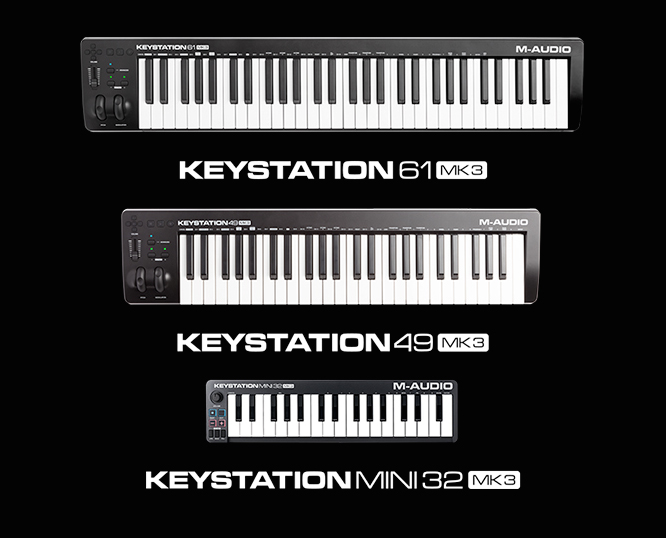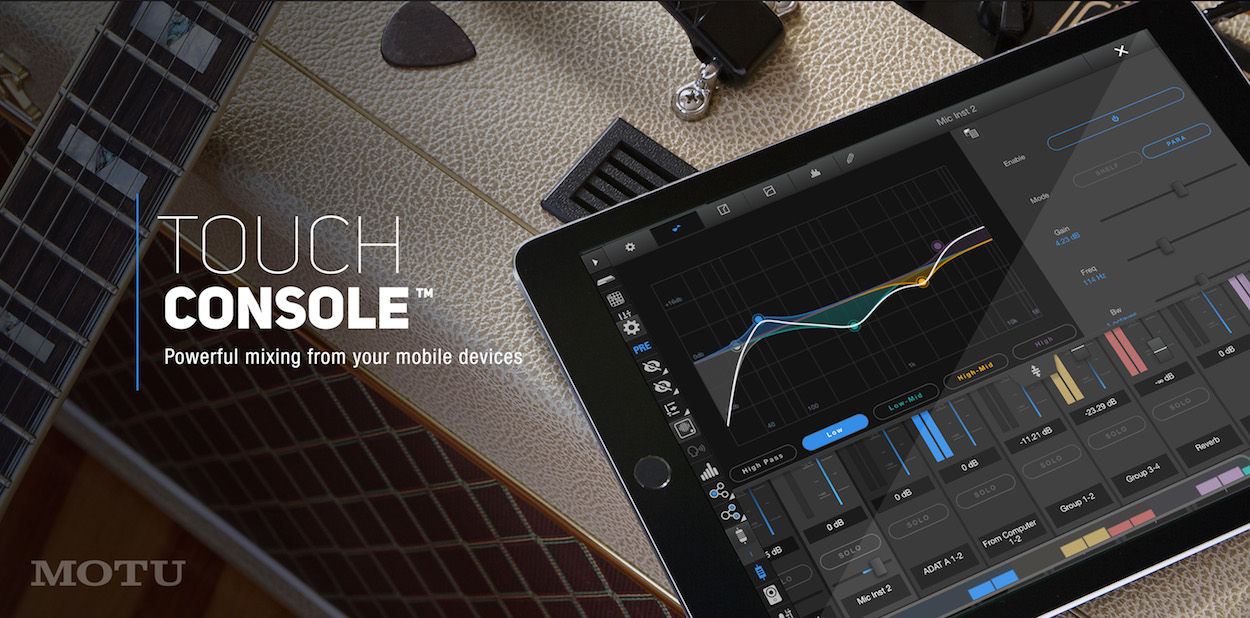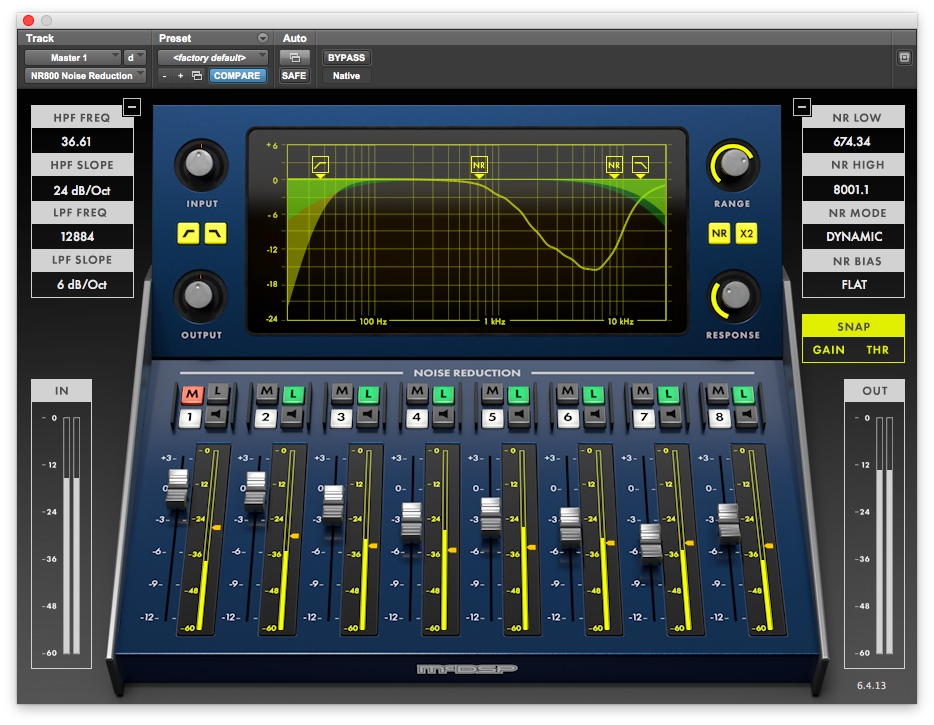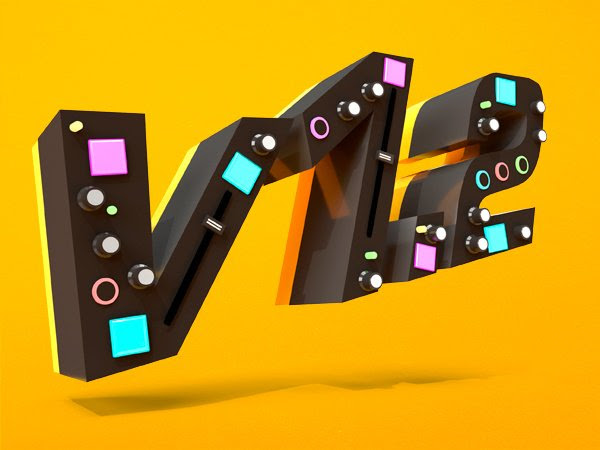New Gear Alert: UAD-2 Live Rack, M-Audio Updates Keystation Series, Mobile Mixing with MOTU & More
Universal Audio ships UAD-2 Live Rack MADI effects processor.
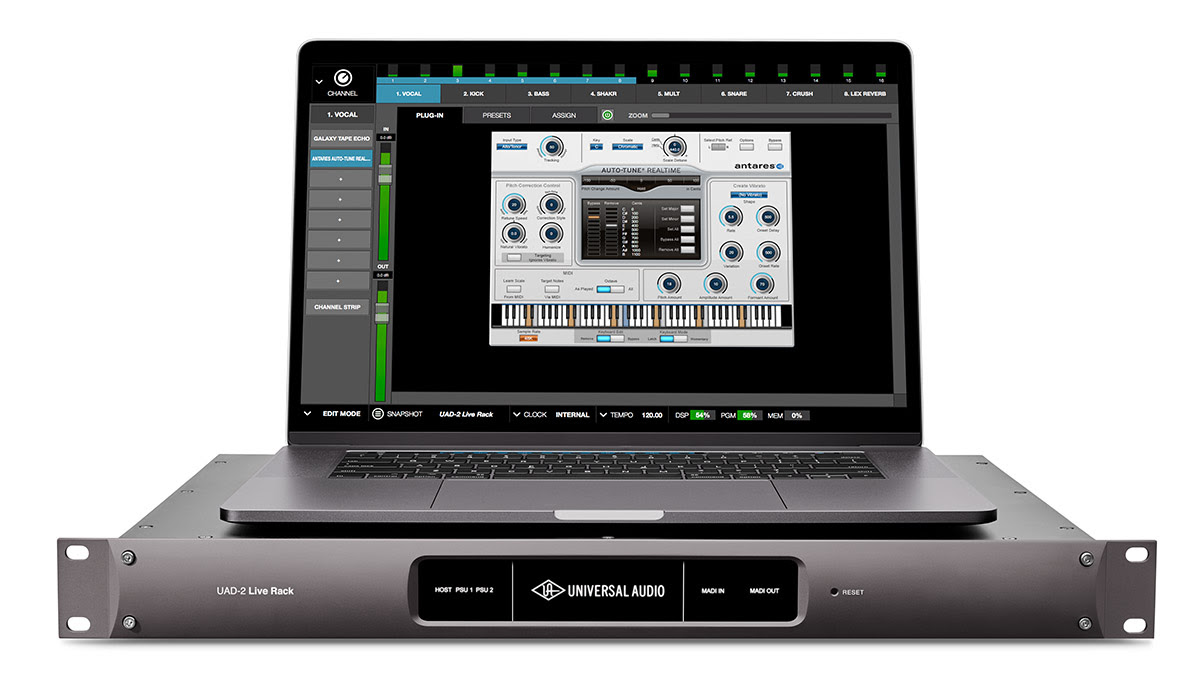
With UAD-2 Live Rack, live sound engineers can run all UAD powered plugins at near-zero latency—including Antares Auto-Tune.
UAD-2 Live Rack is a 16-channel MADI effects processor for live sound engineers, allowing them to apply realtime UAD processing with MADI-enabled digital consoles. UAD-2 Live Rack provides a hardware and software system for integrating the entire library of UAD powered plugins into a live sound environment—all at near-zero latency.
Users can combine up to four Live Rack units to process up to 64 MADI channels. Each UAD-2 Live Rack hardware unit features four UAD-2 DSP SHARC processors for running UAD plugins at sub-2 milliseconds latency. With the included Live Rack application, front-of-house engineers can take advantage of intuitive features such as drag and drop, copy and paste, keyboard navigation, plugin zoom, and the ability to store and recall channel strip presets and/or complete setup configuration snapshots. Live sound engineers can choose between Core and Ultimate plugin bundles for their UAD-2 Live Rack.
UAD-2 Live Rack with the Core bundle is priced at $2,999; Live Rack with the Ultimate bundle is priced at $5,999.
M-Audio updates their Keystation Series.
M-Audio announces the introduction and immediate availability of their new Keystation 61 MK3, Keystation 49 MK3, and Keystation Mini 32 MK3 USB/MIDI keyboard controllers. The new models feature velocity-sensitive keys and comprehensive controls that expand the range of playable notes, expressive capabilities, and enhance the player’s recording workflow.
The new models use octave range buttons, pitch bend and modulation controls, and volume control to play, perform and record with music software without requiring a mouse or trackpad. The 61 and 49 MK3 feature transport and directional controls and a 1/4” sustain pedal input to use an external control pedal. The Keystation 61 MK3 adds a 5-pin MIDI output and semi-weighted keys as step-up features from the Mini 32 MK3 and 49 MK3.
The new Keystation series keyboards are USB-powered, class-compliant, and support USB-MIDI connectivity. All three units support iOS connectivity with the Apple Lightning to USB Camera Adapter (sold separately), enabling you to perform and compose with audio apps on your iPad and other iOS devices.
The Keystation 61 MK3 is priced at $169; the 49 MK3 is priced at $99; the Mini 32 MK3 is priced at $49.
MOTU audio interfaces gain Touch Console for mobile mixing.
MOTU is now shipping Touch Console, a new mixing environment in their Pro Audio Control web app software, specifically designed for mobile mixing on the touchscreen of a tablet or smartphone. Touch Console is now available as a free firmware update to all users of MOTU pro audio interfaces, including the 1248, 16A, 8M, 112D, 828es, UltraLite-mk4, UltraLite AVB, Monitor-8 and Stage-B16. The recently released 8pre-es already has Touch Console firmware installed.
Optimized for mobile devices, Touch Console provides fast, intuitive access to every setting for any channel. The On Faders panel lets users instantly map sends for any bus or group to channel faders, providing long-throw fader control over send levels combined with easy channel navigation. In the studio or on stage, multiple musicians can access the mixer’s seven stereo aux buses for wireless control over their own personal monitor mix from their smartphone or tablet.
Touch Console is now shipping as a free firmware update for all MOTU pro audio interfaces. Users will be automatically notified of the update when they run their interface’s Pro Audio Control web app (if connected to the internet). They can update at any time, either directly over the internet or offline with a firmware update file.
McDSP releases the NR800 noise reduction processor plugin.
The NR800 operates with no internal latency, and does not contaminate the original source material with artifacts, such as those found by noise reduction plugins that utilize transform-based processing. The NR800 focuses on mostly broadband frequencies, but can also zero in on a narrow portion of the frequency spectrum. A set of input filters can be configured with slopes up to 36dB/octave, and can be set at frequencies independent of noise reduction focus points.
Several noise reduction modes can be selected from the NR Mode control to provide a range of smooth to aggressive noise reduction amounts. Each of the 8 bands in the NR800 has a noise reduction amount fader and noise detection threshold marker, and the usual McDSP linking control capabilities from a master (M) and linked (L) control button paradigm. Each band may also be individually bypassed or soloed to audition incoming noise amounts.
The NR800 HD supports AAX DSP/Native, AU, and VST, while the NR800 Native supports AAX Native, AU and VST. The NR800 is available at an introductory price of $99 for Native and $149 for HD, for a limited time only. The NR800 is accessible to all current Everything Pack v6 customers and All Access subscribers. The NR800 initial release only supports Mac OS; Windows support is coming soon.
Novation announces Circuit Mono Station v1.2.
Circuit Mono Station v1.2 enables Novation’s sequencer and synth to be used as a sound design tool, integrate more tightly with modular gear, make widely-evolving musical phrases, and add expression to sequences.
Patch Flip can be used to create unique sequences with different presets and automation per step, or turn Circuit Mono Station into a fully-analogue drum synthesizer. Notes can also now be programmed into the Mod Seq page to independently control modular and CV gear with new pitch and gate control via the CV/GATE output.
The Circuit Mono Station LFOs have been upgraded to allow synced LFOs to be decoupled from key sync. This means sequences can benefit from longer LFOs staying in sync across several notes, perfect for making widely evolving musical phrases. LFO Clock Sync can also now be controlled independently.
The envelope has also been upgraded, and users can now choose to have legato or re-triggered envelopes. This choice gives an enormous amount of extra expression in Circuit Mono Station sequences.
Click here for a video breakdown of Circuit Mono Station v1.2’s new features.
Please note: When you buy products through links on this page, we may earn an affiliate commission.







